Industry body India Hydrogen Alliance (IH2A) has proposed India must build at least 25 scalable green hydrogen projects and five H2 hubs by 2025. And it seeks public finance support of $360 million to support these first-generation projects that create a public project development experience which can be applied to the next generation of scaled-up projects after 2025.
“The 25/25 plan addresses immediate project development priorities by providing a pathway to the first 150 MW that will help India learn, improve, collaborate and build scalable GW-scale green hydrogen projects in the 2025-30 period,” Amrit Singh Deo, senior managing director, FTI Consulting, and IH2A Secretariat lead.
IH2A had submitted its 25/25 National Green Hydrogen Hub Development Plan to government thinktank NITI Aayog and the Ministry of New and Renewable Energy, Government of India.
The plan recommends the first-generation green hydrogen projects may include 12 industrial de-carbonization projects in chemicals, refinery, and steel industries; three heavy-duty transport projects; three ‘H2 blending in city gas distribution’ projects; and seven distributed waste-to-H2 municipal projects.
These 25 green hydrogen projects can be clustered at five national green hydrogen hubs in Gujarat, Karnataka, Maharashtra, Kerala and Andhra Pradesh. At these hubs, multi-sectoral demand for green hydrogen can be produced and used without building expensive new infrastructure in the next three years.
The plan proposes Ankleshwar-Vadodara in Gujarat as National Green Chemicals and Ammonia Fertilizer Hub with a 40 MW electrolyzer plant. It will produce 8,000 tonnes of green H2 per annum for chemical and fertilizer units, reducing 8 million metric tonnes of CO2 emission over a decade.
Bellary-Nellore (Karnataka-Andhra Pradesh) can be developed as National Green Steel and Chemicals Corridor, Pune-Mumbai (Maharashtra) as National Green Steel and Transport Hub, and Kochi (Kerala) as National Green Refinery and Transport Hub with a 30 MW electrolyzer plant each. Each hub will produce 5,000 tonnes of green H2 per annum, reducing 5 million metric tonnes of CO2 within a decade.
The plan proposes Vishakhapatnam (Andhra Pradesh) as National Green Refinery and Transport Hub with a 20 MW electrolyzer plant, producing 4,000 tonnes of green H2 per annum.
The industry body said government support of $360 million is required to meet capital expenditure on electrolyzers and balance-of-plant (BoP) equipment for the first-generation green hydrogen projects.
It has also proposed the formation of a green hydrogen project development consortia by industry leaders in partnership with state governments and the preparation of state-level green hydrogen policies to create the green hydrogen hubs.
This content is protected by copyright and may not be reused. If you want to cooperate with us and would like to reuse some of our content, please contact: editors@pv-magazine.com.
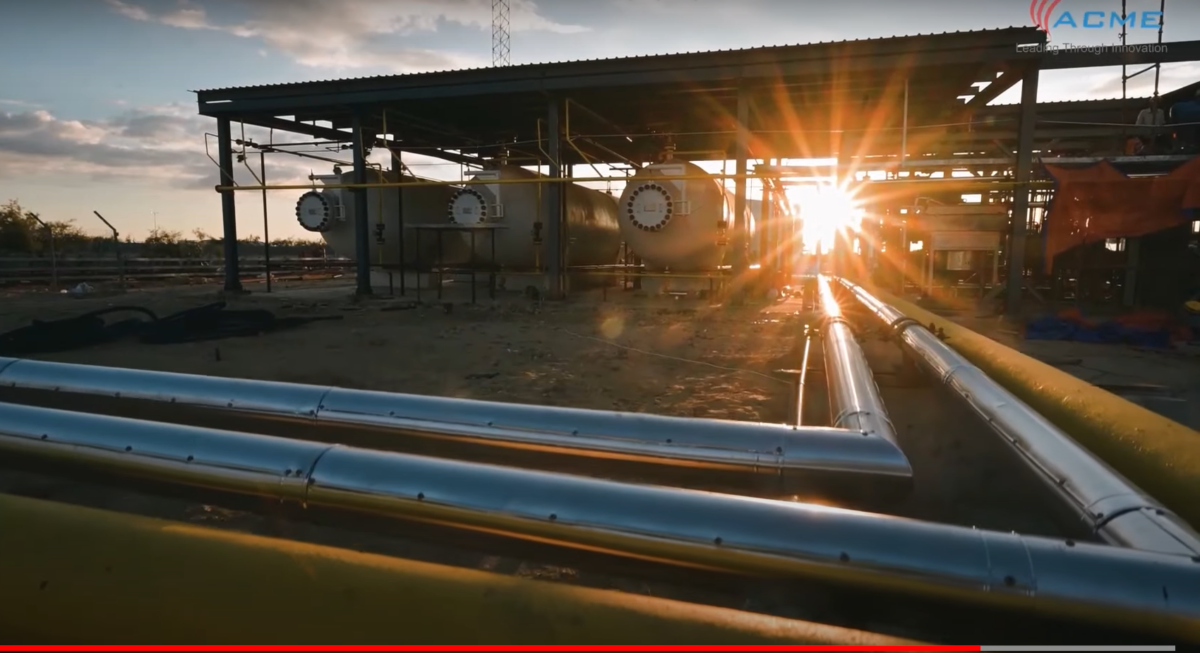



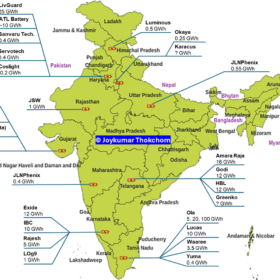
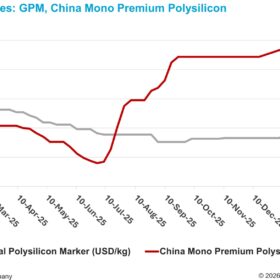
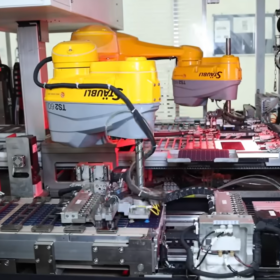

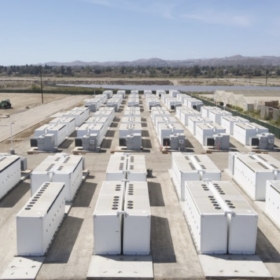
We propose to develop R& D pursuits in Hydrogen Energy at a R& D Lab in Gujarat with collaboration from Germany , are seeking the direction and the names and background of R& D Institutions in Germany.
R& D Institution in Gujarat has made a big lead in Carbon Capture Utilization and Storage using microbes including isolation of Microbes also on Solar Energy.